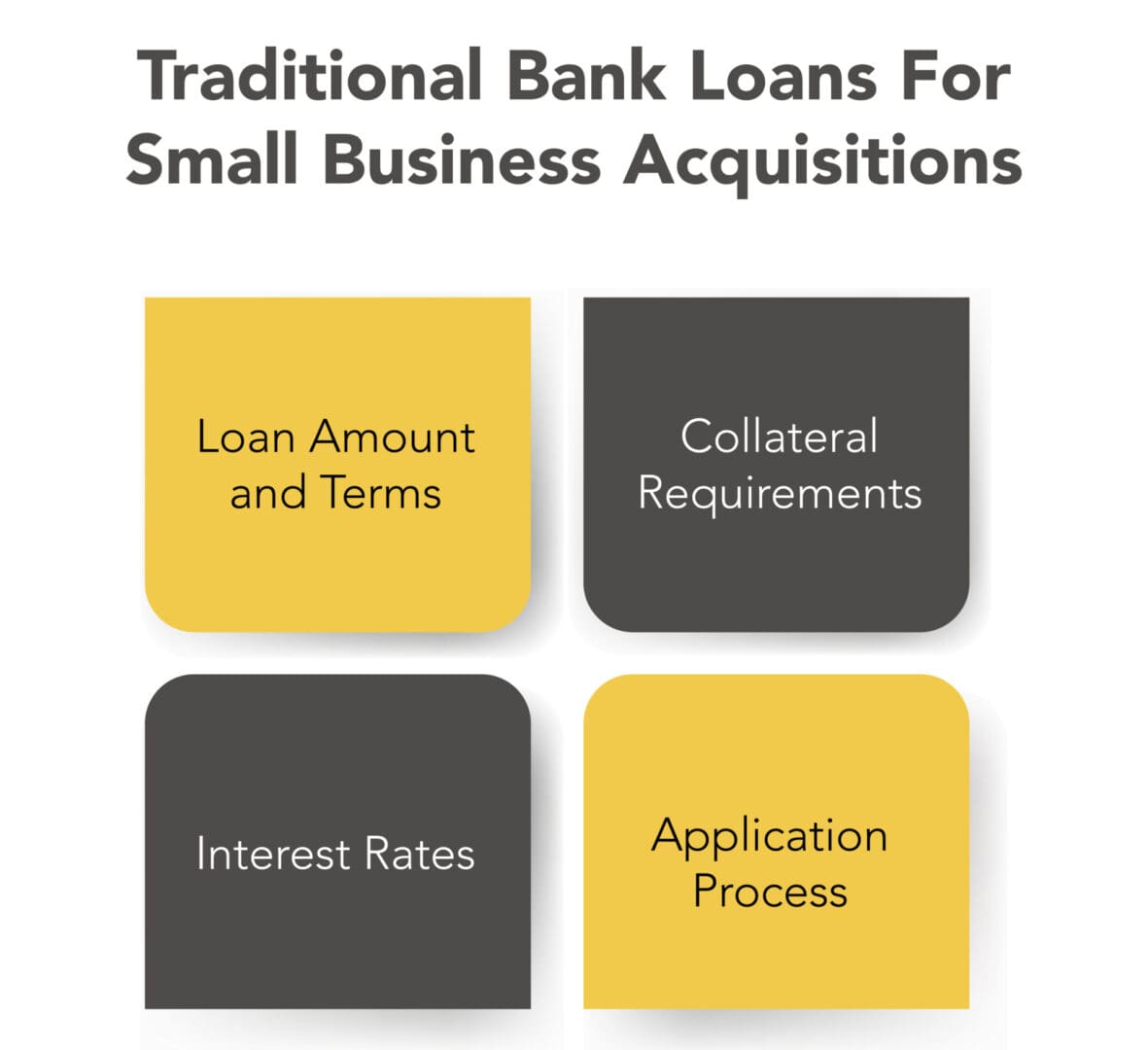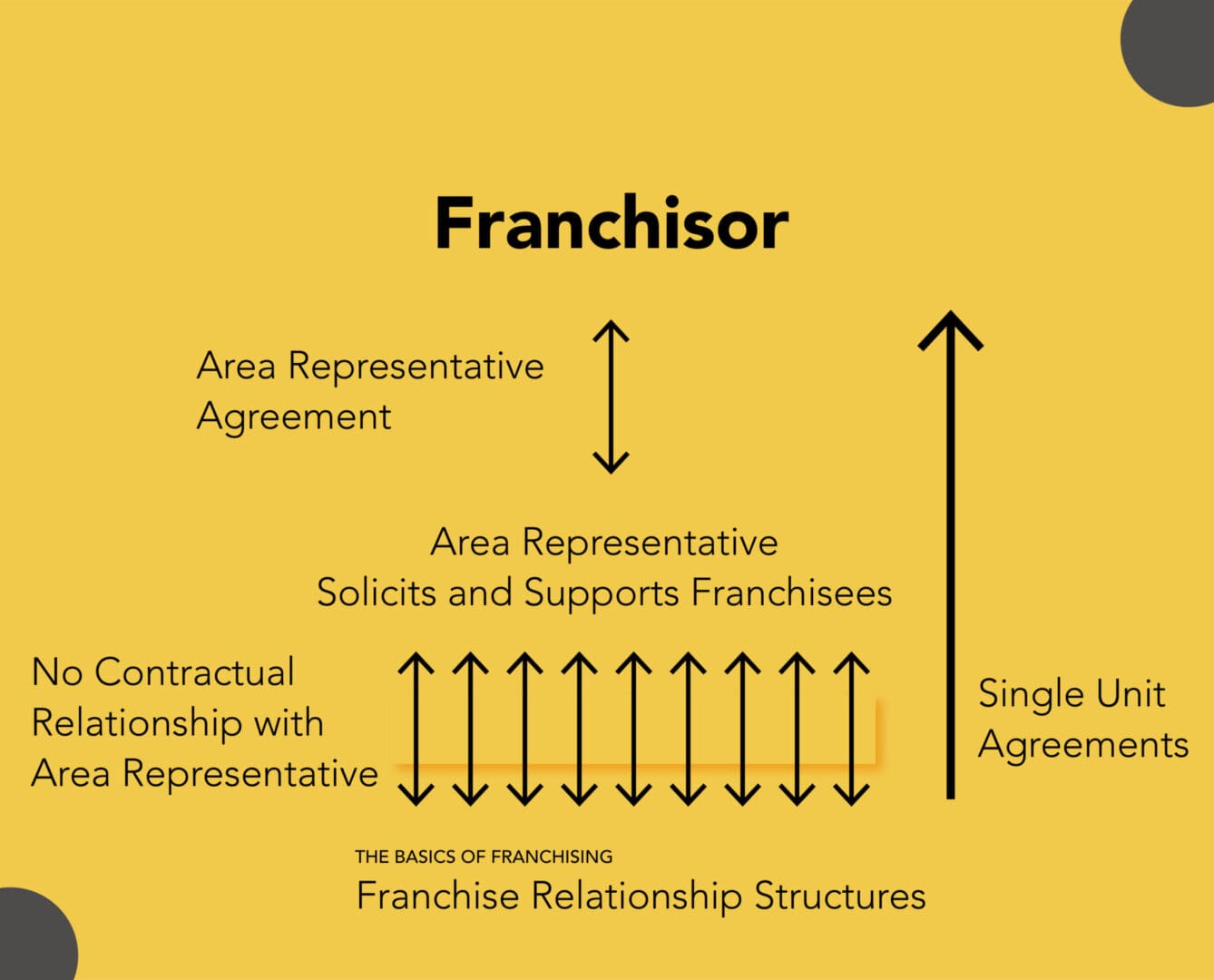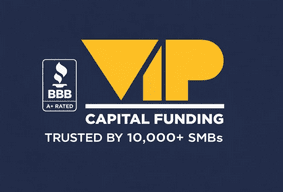So, you’re ready to dive into the world of franchising? That’s awesome! But before you start flipping burgers or brewing lattes under a well-known brand, there’s a little thing called financing we need to chat about. Let’s break down the different ways you can secure the cash to make your franchise dreams a reality.
Understanding Franchise Startup Costs
First things first, let’s talk money. Starting a franchise isn’t just about paying for the right to use a brand name. There are several costs you’ll need to cover:
- Initial Franchise Fee: This is the upfront cost you pay to the franchisor for the rights to operate under their brand. Depending on the franchise, this can range from $20,000 to $50,000 or more.
- Real Estate and Construction: Whether you’re leasing or buying, you’ll need a physical space. Costs here can vary widely based on location and the type of build-out required.
- Equipment and Supplies: From kitchen appliances to office furniture, you’ll need to invest in the necessary equipment to run your business.
- Initial Inventory: Stocking up on products or ingredients is essential to get started.
- Working Capital: This is the cash you’ll need on hand to cover day-to-day expenses until your franchise becomes profitable.
Understanding these costs is crucial because it’ll help you determine how much financing you’ll need to get started.

Traditional Bank Loans
One of the most common ways to finance a franchise is through a traditional bank loan. Banks can provide loans to cover various startup costs, including real estate, equipment, and working capital. However, securing a bank loan can be challenging. Banks typically require:
- Strong Credit History: A solid personal and business credit score.
- Robust Business Plan: Detailed plans showing how you intend to make your franchise successful.
- Collateral: Assets that can secure the loan, reducing the bank’s risk.
While the process can be rigorous, bank loans often come with favorable interest rates and terms for those who qualify.

SBA Loans
The U.S. Small Business Administration (SBA) offers loan programs specifically designed to assist small business owners, including franchisees. The most popular is the SBA 7(a) loan, which allows you to borrow up to $5 million for purposes like purchasing real estate, equipment, and working capital.
Benefits of SBA loans include:
- Lower Down Payments: Making it easier to get started without significant upfront capital.
- Longer Repayment Terms: Allowing for more manageable monthly payments.
However, the application process can be lengthy, and you’ll need to find an SBA-approved lender to get started.
Franchisor Financing
Some franchisors offer financing options to help new franchisees get up and running. This could be through:
- Direct Financing: The franchisor provides a loan to cover startup costs.
- Third-Party Partnerships: Collaborations with preferred lenders who understand the franchise model.
- Incentives and Discounts: Reduced fees or deferred payment plans to ease the financial burden.
It’s worth discussing financing options directly with the franchisor, as they may offer solutions tailored to their specific business model.

Online Lenders
In today’s digital age, online lenders have become a popular alternative to traditional banks. These platforms often offer:
- Faster Application Processes: With quick approvals and funding.
- Flexible Requirements: Potentially more lenient credit score and collateral requirements.
However, it’s essential to read the fine print. Online loans can come with higher interest rates and shorter repayment terms, so ensure you understand the terms before committing.
We’ve already covered the major financing options, but there’s still more to explore when it comes to securing capital for your franchise. Let’s dive into additional financing methods and strategies that could help you successfully fund your business.
401(k) Business Financing (ROBS – Rollovers as Business Startups)
Ever thought about using your retirement savings to fund your franchise? With a Rollover for Business Startups (ROBS), you can use your 401(k) or IRA funds without early withdrawal penalties or taxes. This financing method allows you to invest in your business while maintaining a cash flow advantage. However, it requires strict compliance with IRS regulations and setting up a C corporation.
Pros:
No debt or monthly loan payments
Tax advantages on reinvested earnings
No need for collateral or personal credit checks
Cons:
Can be complex and require legal/tax assistance
Risks your retirement savings

Franchise Grants and Competitions
While loans and credit lines are common, some organizations and government agencies offer grants specifically for franchise businesses. Unlike loans, grants don’t need to be repaid, making them an attractive funding option.
- Small Business Innovation Research (SBIR) Grants: If your franchise aligns with research or tech-based services, you might qualify for funding.
- Amber Grant for Women: A monthly grant specifically designed for female entrepreneurs.
- Franchise Business Competitions: Some franchisors and business groups host competitions where winners receive funding or reduced franchise fees.
Vendor Financing (Deferred Payment Plans for Equipment & Inventory)
Some equipment manufacturers and suppliers offer vendor financing, allowing franchisees to defer payments on necessary purchases. Instead of paying upfront, you can negotiate flexible installment plans, especially for large equipment purchases.
- Who Offers Vendor Financing?
- Kitchen appliance manufacturers for restaurant franchises
- Office furniture and IT equipment suppliers
- Vehicle leasing companies for transportation-based franchises
Why Choose Vendor Financing?
Reduces upfront costs
Helps preserve working capital
Often has lower interest rates than standard loans
Friends & Family Financing
For many entrepreneurs, turning to friends and family is a practical way to finance a franchise. This method can be more flexible and offer better repayment terms than traditional lenders. However, mixing business with personal relationships can be risky.

Best Practices for Friends & Family Loans:
- Draft a Written Agreement: Clearly outline repayment terms, interest (if any), and expectations.
- Use a Legal Contract: Consider involving an attorney to formalize the loan agreement.
- Set Clear Boundaries: Ensure that personal relationships remain unaffected by financial agreements.
Microloans for Franchise Businesses
If you need less than $50,000 to cover startup expenses, microloans can be a great option. These loans come from nonprofit organizations, community lenders, or government programs like the SBA Microloan Program.
Who Benefits from Microloans?
First-time franchise owners with limited funding
Minority and women-owned businesses (specialized microloans available)
Businesses in underserved communities
Credit Card Financing
For smaller franchise purchases or initial cash flow needs, business credit cards can provide quick access to funds. Many franchisees use credit cards for:
- Covering early operational costs(marketing, payroll, insurance)
- Purchasing inventory
- Handling unexpected expenses
However, credit cards should be used strategically to avoid high-interest debt. Look for cards with 0% introductory APR or cash-back rewards to minimize costs.
Alternative Financing Options
Beyond the traditional routes, there are several other ways to finance your franchise:
- Equipment Financing: Loans specifically for purchasing equipment, where the equipment itself serves as collateral.
- Home Equity Loans: Using the equity in your home to secure a loan. This can be risky, as your home is on the line.
- Crowdfunding: Raising small amounts of money from a large number of people, typically via online platforms.
- Angel Investors or Venture Capital: Selling equity in your business to investors in exchange for capital.
Each of these options comes with its own set of pros and cons, so it’s essential to research and consider which aligns best with your financial situation and business goals.
Preparing for the Financing Process
Regardless of which financing route you choose, preparation is key. Here’s how to get ready:
- Develop a Comprehensive Business Plan: Detail your business model, market analysis, marketing strategies, and financial projections.
- Check and Improve Your Credit Score: A higher credit score can open doors to better financing options.
- Gather Financial Documents: This includes tax returns, bank statements, and any existing business financials.
- Determine Collateral: Identify assets you can use to secure a loan if necessary.
- Consult Professionals: Financial advisors or accountants can provide valuable insights and guidance.
The Role of VIP Capital Funding
Navigating the world of franchise financing can be overwhelming, but you don’t have to do it alone. VIP Capital Funding is a preferred financial institution in the United States with over 10 years of experience. We specialize in providing:
- Private/Alternative Lending: Tailored solutions to meet unique business needs.
- SBA Loans: Assisting with government-backed loan applications to secure favorable terms.
- Business Credit Lines: Offering flexibility to manage cash flow and growth initiatives.
Our mission is to give your business a unique competitive advantage, stimulating tremendous growth for small to mid-sized businesses nationwide.
Ready to Launch Your Franchise?
Don’t let financing hurdles stand in your way. Apply for small business loans with VIP Capital Funding today and take the first step toward turning your franchise dreams into reality. With our expertise in working capital business loans, equipment financing loans, and more, we’re here to support your journey every step of the way.


